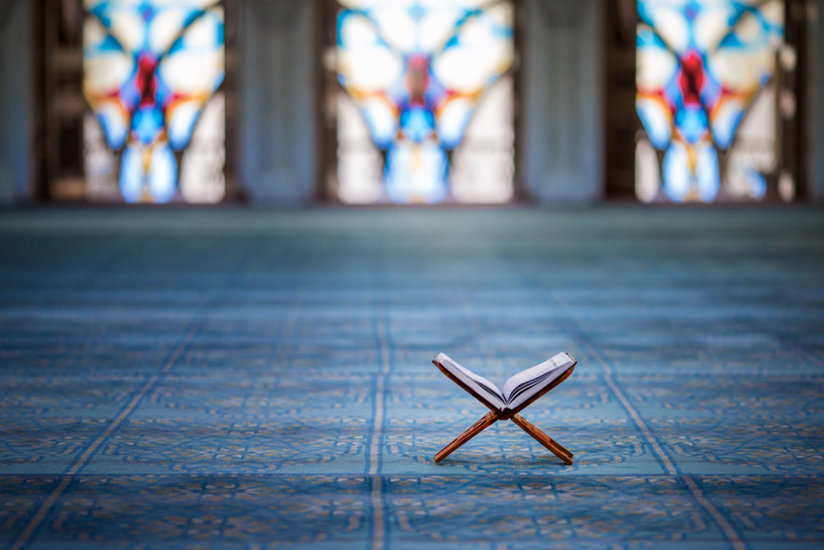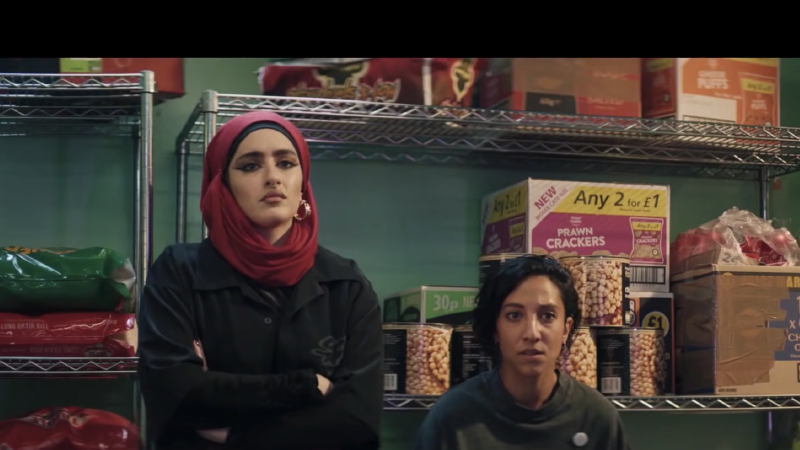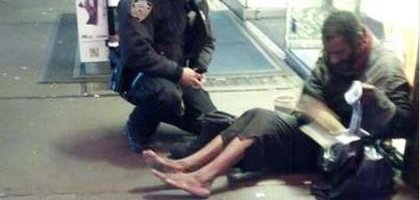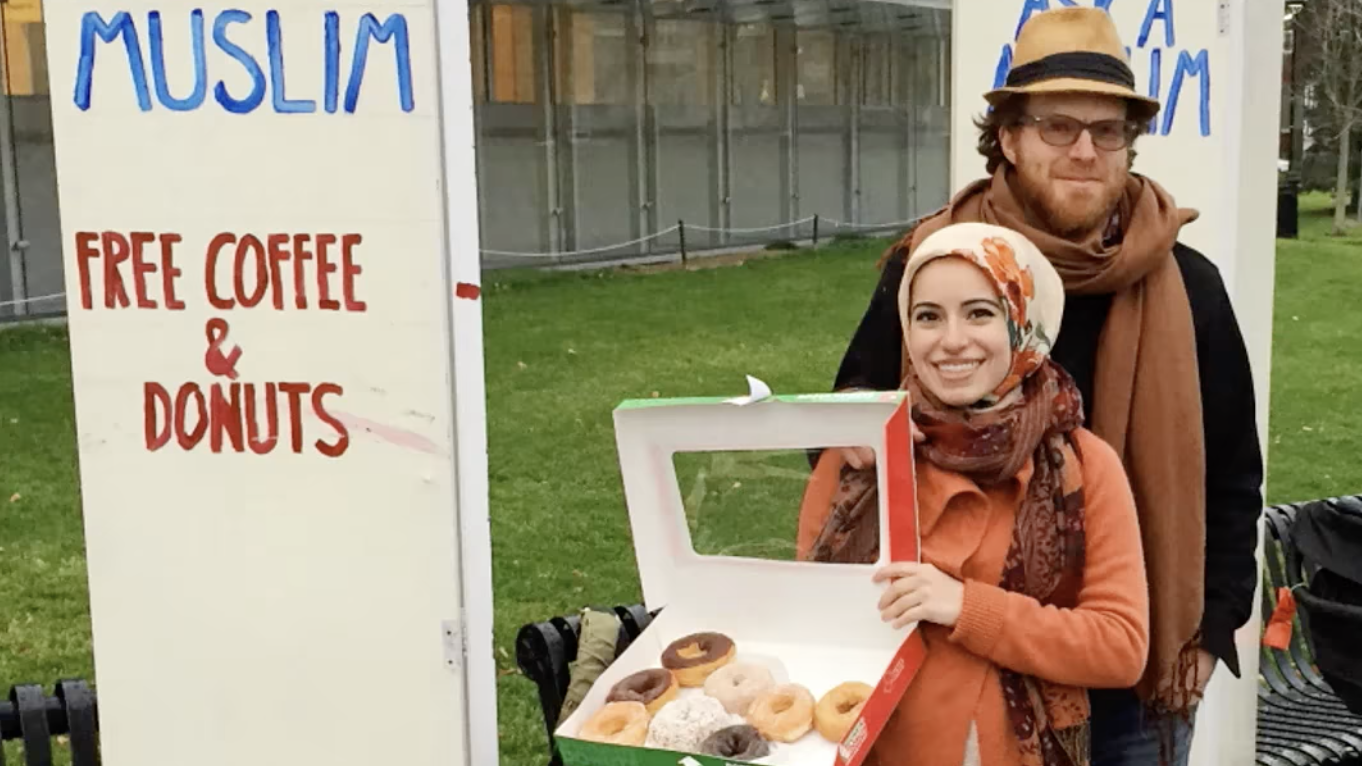
-
HOME
-
WHAT IS STANDOur Mission Our Values Our Help Contact
-
WHAT WE FIGHT FORReligious Freedom Religious Literacy Equality & Human Rights Inclusion & Respect Free Speech Responsible Journalism Corporate Accountability
-
RESOURCESExpert Studies Landmark Decisions White Papers FAQs David Miscavige Religious Freedom Resource Center Freedom of Religion & Human Rights Topic Index Priest-Penitent Privilege Islamophobia
-
HATE MONITORBiased Media Propagandists Hatemongers False Experts Hate Monitor Blog
-
NEWSROOMNews Media Watch Videos Blog
-
TAKE ACTIONCombat Hate & Discrimination Champion Freedom of Religion Demand Accountability
The Fourth Pillar of Islam—My Experience of Ramadan
My mouth is still watering at the mere recollection of the succulent homemade hummus and falafels brought to my door by my Palestinian neighbors soon after I moved in to my house in America.
As a fan of Mediterranean-style food (I used to take out meals from a Lebanese restaurant once a week when I lived in Paris), I’m a trifle biased when it comes to this type of cuisine. But what struck me this time was the sense of camaraderie that came with the knock on the door and the extended plate from the people I had only barely met.
It was Ramadan and they instinctively wanted to share their good food with neighbors, just like they were used to doing back home.

After digesting their generosity, I delved into what Ramadan actually means for Muslims. I found out that it is the fourth of what are referred to as the “Five Pillars of Islam”—declaration of faith, prayer, alms-giving, fasting and pilgrimage. The purpose of this fourth pillar, which lasts for one month, is to help Muslims recharge their faith, so to speak, by reflecting on themselves and their interactions with others. During Ramadan, Muslims are also expected to be particularly mindful of the teachings of Islam, and part of the rationale behind the fasting is to remind them that others may be more needy than they are. The falafels on my doorstep were a natural gesture within this context of giving. And these neighbors have continued to be friendly ever since, always warm and willing to help at the drop of a hat.
It was Ramadan and they instinctively wanted to share their good food with neighbors.
With this in mind, it’s hard to imagine why anyone would express anything but respect for Muslim members of our communities. And yet, over the last few years, there has been an uptick in incidents of intimidation, bias and violence against Muslims. Fourteen percent of all anti-Muslim bias incidents documented by the Council on American-Islamic Relations in 2017 in the United States involved harassment, and some 12 percent represented actual hate crimes. In fact, it’s a trend: there’s been a 9 percent increase in complaints received since CAIR’s civil rights report of 2018, employment discrimination being the most prevalent form of bigotry reported.
Many an uninformed citizen will point to “terrorism” as an excuse to promote anti-Muslim hate. I’ve personally heard this argument several times myself and I’m sure anyone reading this could recall hearing this type of bigoted sentiment. In a Center for Strategic & International Studies (CSIS) report, Anthony Cordesman states: “It is far too easy for analysts who are not Muslim to focus on the small part of the extremist threat that Muslim extremists pose to non-Muslims in the West and/or demonize one of the world’s great religions, and to drift into some form of Islamophobia—blaming a faith for patterns of violence that are driven by a tiny fraction of the world’s Muslims.”

Therein lies the problem: bigotry stems from a lack of knowledge, and those who practice it often build generalities out of a single, isolated not-understood fact. Again, according to CSIS, “the overwhelming majority of extremist and violent terrorist incidents… occur in largely Muslim states. Second, most of these incidents are perpetrated by a small minority of Muslims seeking power primarily in their own areas of operation and whose primary victims are fellow Muslims.”
With these facts in mind, the average non-Muslim citizen is about as likely to meet an Islamic extremist as he is to spot a wolf on Fifth Avenue. Yes, extremism exists (and yes, a wolf could, theoretically, trot past Saks on a Saturday afternoon), but it’s important for people to educate themselves on the statistics and data and realize that what they think of as a “danger” may, actually, just have been portrayed that way by biased press, malicious bigots, or those who are just plain ignorant.
It will take time to achieve the goal of each of us living side by side with mutual respect, but we can start by promoting the truth about our friends and neighbors in order to eradicate bigotry and the blindness that goes with it.
Meanwhile, I hope my neighbors and all of my Muslim friends have enjoyed celebrating the fourth pillar of Islam during this special month of giving and reflection.









